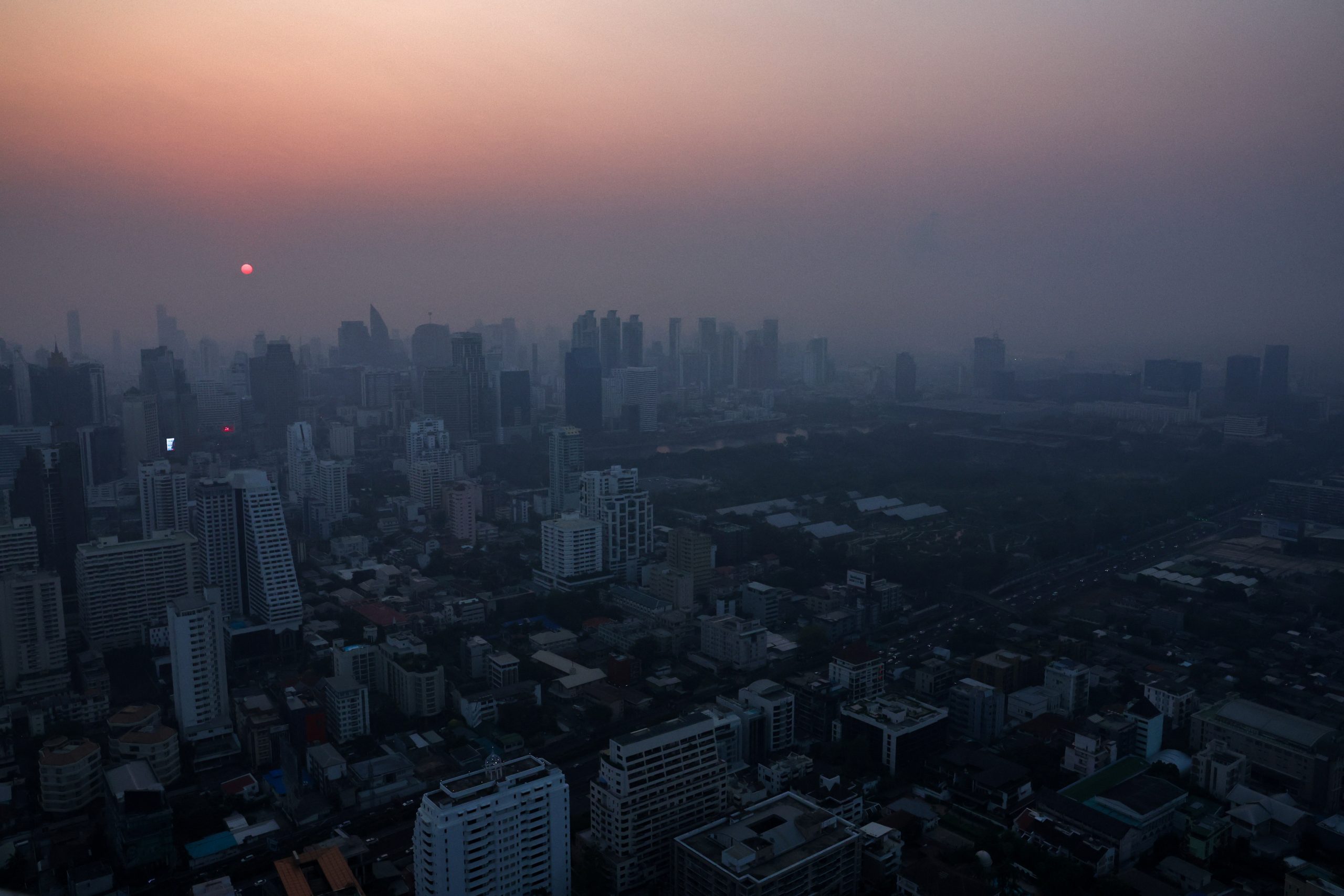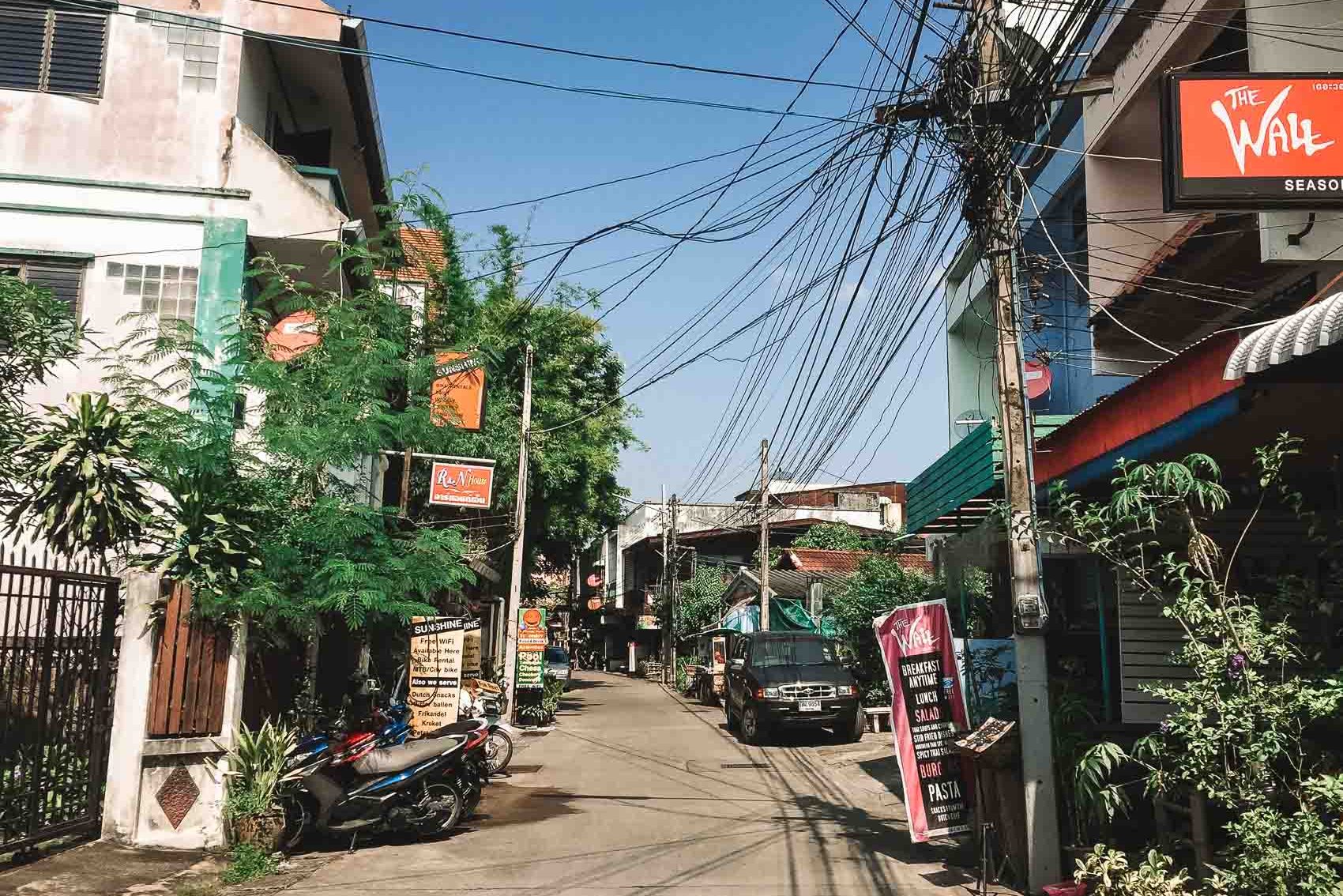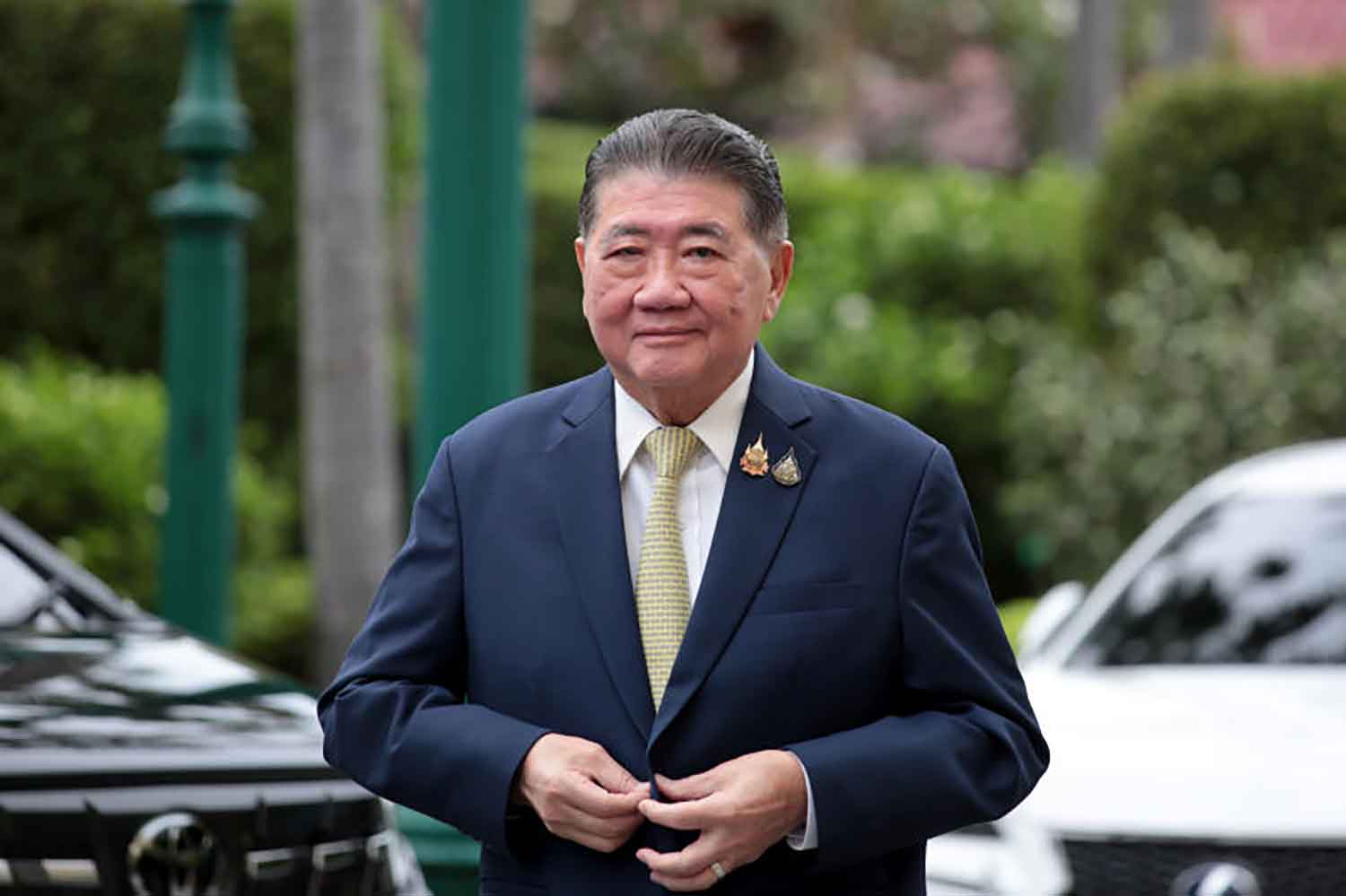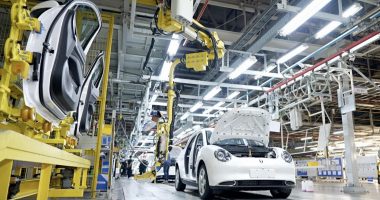Bangkok’s Air Quality Crisis Leads to Work-from-Home Directive
Severe Pollution Levels Prompt Action
In a significant response to deteriorating air quality, Bangkok officials have instituted a temporary work-from-home policy. This decision comes as the city grapples with hazardous levels of PM2.5 particles, which have surpassed safe limits, affecting public health and daily life. The Bangkok Metropolitan Administration (BMA) has advised over 60,000 employees to work remotely as part of a broader strategy to tackle Thailand’s ongoing air pollution challenges.
Government Response to Environmental Health Concerns
Prime Minister Srettha Thavisin emphasized the urgency of the situation, stating, “We have a lot of problems with pollution at the moment, so we have to act immediately to reduce the effects on people”. The government’s initiative reflects a growing recognition of the health risks associated with air pollution, which has been linked to various complications for millions of residents.
Impacts of Air Pollution on Daily Life
Health Risks and Public Safety Measures
The air quality crisis in Bangkok is not just an environmental issue; it poses serious health risks. Recent reports indicate that PM2.5 levels in the city are approximately 15 times higher than the World Health Organization’s recommended guidelines, making Bangkok one of the most polluted cities globally. Residents have reported experiencing symptoms such as itchy eyes and difficulty breathing due to the thick haze enveloping the city.
Community and Government Initiatives
In addition to the work-from-home directive, authorities are expanding their clean air shelter project to include more schools and public spaces. This initiative aims to provide safe environments for children and vulnerable populations during periods of high pollution. Furthermore, the government is exploring long-term solutions, such as subsidies for electric vehicles and potential regulations on fossil fuel-powered vehicles in the capital.
A Call for Sustainable Solutions
Urgency for Comprehensive Air Quality Management
The current air pollution crisis in Bangkok underscores an urgent need for sustainable environmental policies and community cooperation. As officials implement immediate measures like remote work policies, there is also a call for systemic changes that address the root causes of pollution, including agricultural practices and urban traffic management. The situation serves as a reminder of the critical intersection between public health and environmental stewardship in urban settings.








